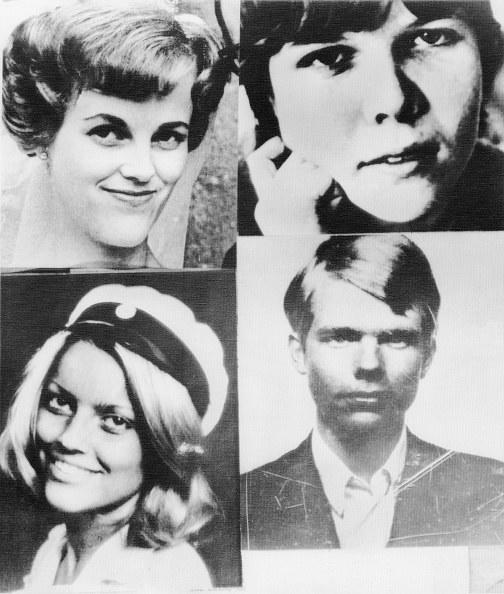Here's The History Of 8 Different Sayings You Probably Use, But Have No Idea Why
Note: This post contains mention of violence and suicide.
Common sayings are so embedded in our language that it can be difficult to even remember where you first heard a phrase, much less where it came from.
Conaco / Via media.giphy.com
So I've compiled a list of the history of a few common phrases that you probably use at least once a week:
1.The phrase "Drinking The Kool-Aid" is often used when referring to someone who is wholeheartedly pledging their allegiance to a cause or function, sometimes without fully considering the ramifications of their actions. The phrase actually references the Jonestown Massacre in 1978, the single incident of intentional civilian death recorded in American history before 9/11.
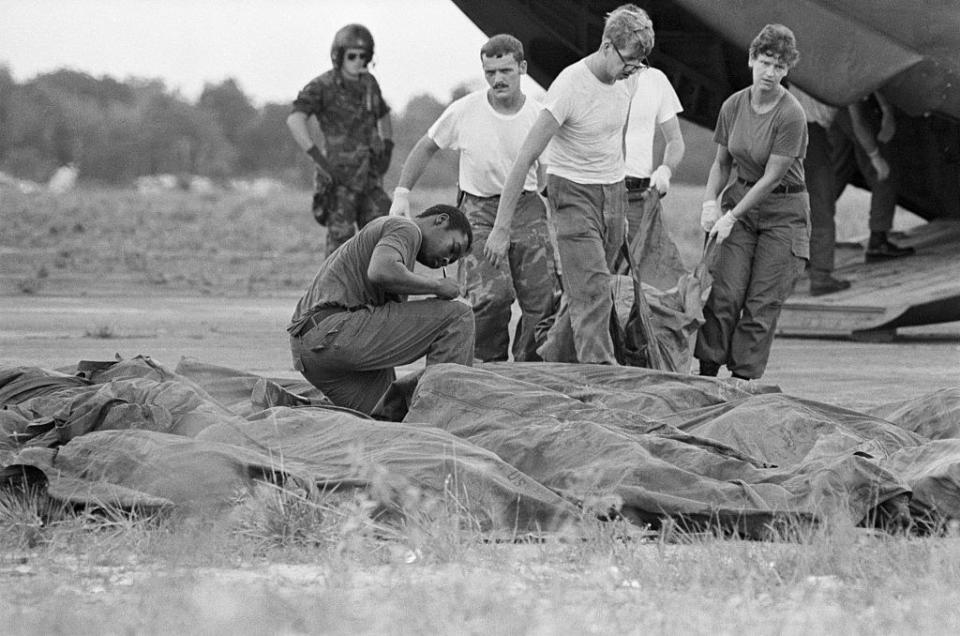
Jim Jones, a preacher and cult leader, began the Peoples Temple of the Disciples of Christ in 1954. Originally gathering with his followers in his home state of Indiana before moving the temple to California, Jones became known for displays of activism, faith healing, and the encouragement of communal living. Despite this, cases of abuse were purported from followers who had left the temple, and negative media portrayals of Jones's controlling personality further pushed Jones to begin searching for a new home.
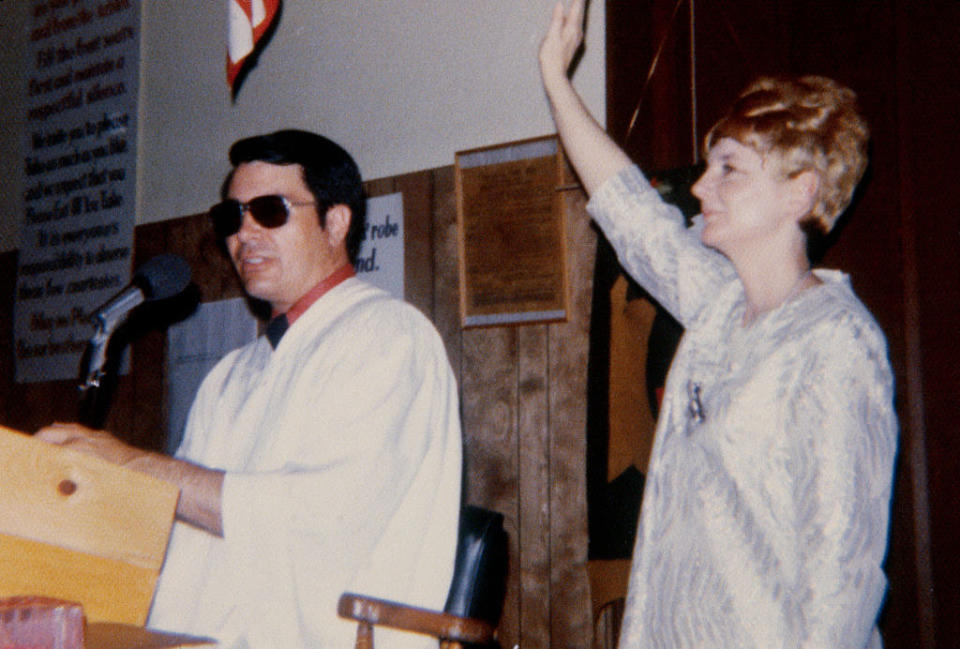
The community settled on a plot of land in Guyana, named Jonestown. Originally homing over 900 People's Temple Members at its peak, the commune quickly deteriorated as Jones's paranoia and drug use increased. Due to growing concern from Temple members' family members in the United States, California senator Leo Ryan traveled to Guyana with a few members of his administration and camera crews on a fact-finding mission.

While there, Ryan announced that he could find nothing wrong with the commune, although a few members secretly passed a note saying that they'd like to leave. Altogether, a handful of the 900 members elected to return to California with the senator. However, when the group returned to the airstrip to leave, Jones ordered the group executed, and security forces with a gun approached the group, killing five, including senator Ryan, and wounding 11 others before one aircraft was able to take off.
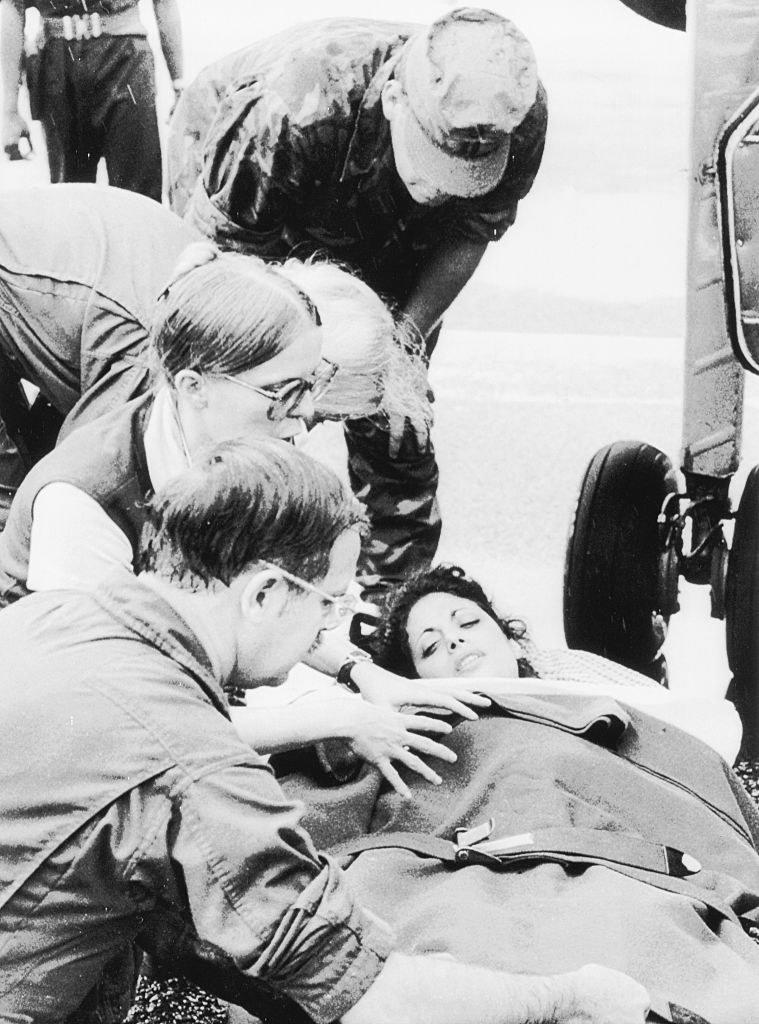
At the commune, Jones announced that it was time to make the ultimate sacrifice. The group mixed cyanide with Flavor-Aid and drank it. The effects were fatal and took effect in a number of minutes. When law enforcement returned to Guyana, over 900 people had died of poisoning, and Jones himself was found dead in his office after shooting himself in the head.
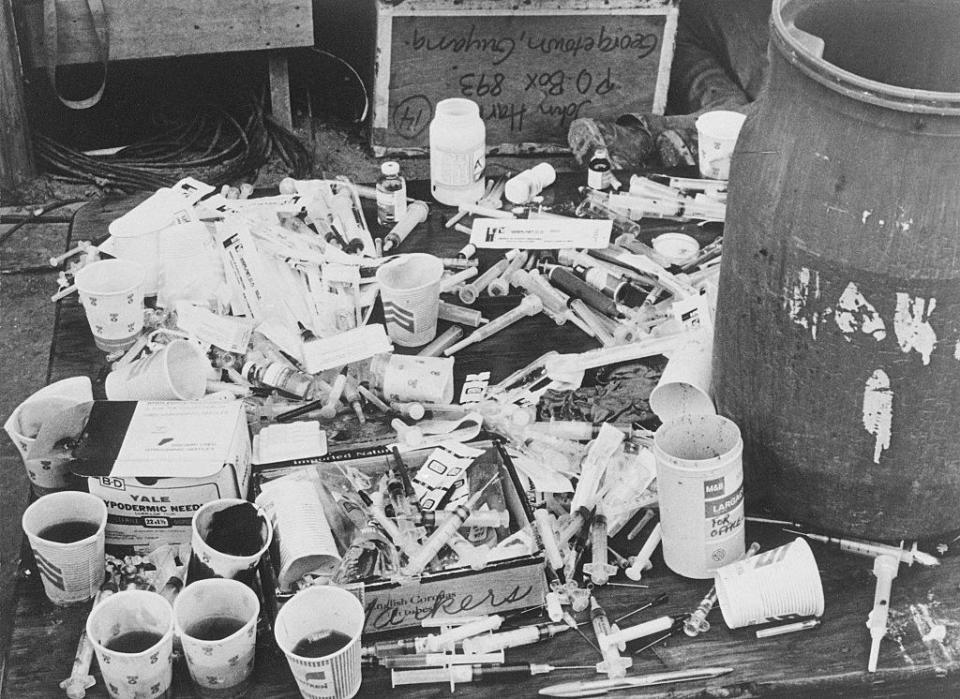
Since this event, the phrase has been adopted in casual conversation, newspaper coverage, and political debates alike. Obviously, the most notable difference between the statement and the actual event is that the Peoples Temple Members drank Flavor-Aid instead of Kool-Aid. However, the phrase implies an eager willingness, and while his followers expressed an eagerness to serve Jones in the beginning, it is unclear how many willingly drank the Flavor-Aid contained cyanide.
2.The phrase, "Going Postal" usually implies a sort of fed-up-ness with your current job. However, the term actually originates from a series of murders across the US by multiple current and former employees of the United States Postal Service, who attacked predominantly fellow workers and managers at the USPS and committed mass murder.

These shootings took place between the years 1970 and 1997 and were the subject of frequent conversation by commentators trying to determine the motivation of these shootings, which took place in multiple states across the country.
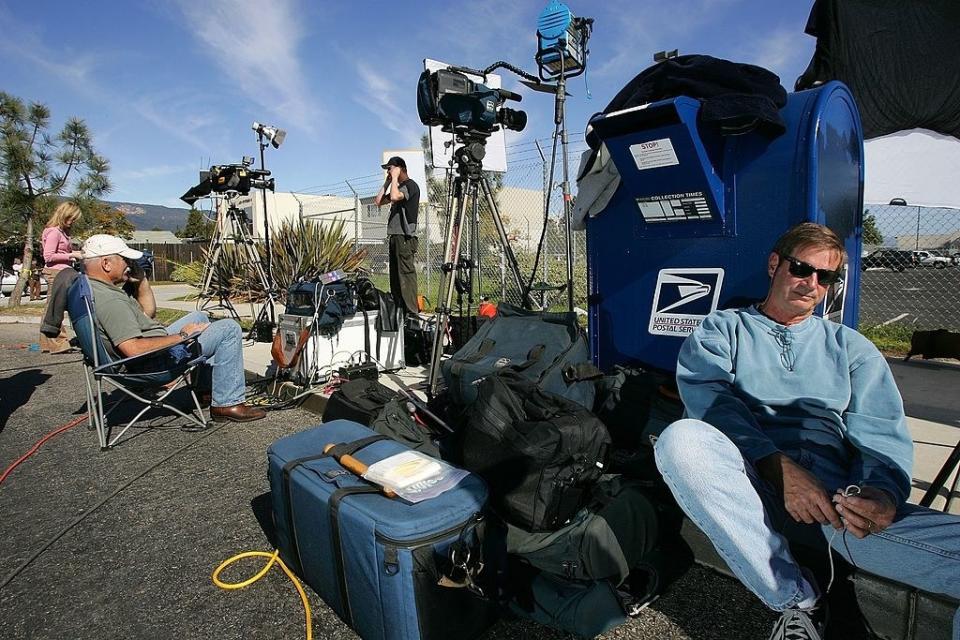
3.The phrase "Riding shotgun" typically means that you're riding in the passenger seat of a car, but back in the 1800s, your responsibility would have been a lot bigger than just picking the music. "Riding shotgun" derives from the phrase "shotgun messenger," a passenger that typically rode along in stagecoaches or trains carrying particularly important shipments. These passengers would often ride with a sawed-off shotgun in case thieves tried to steal the cargo, and shoot if necessary."
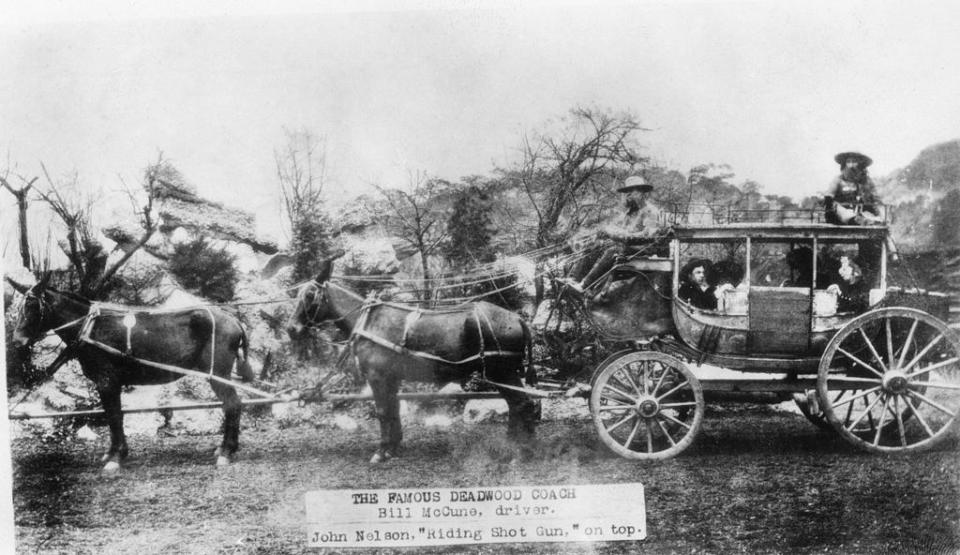
4.Saying the phrase "God Bless you" was quite as common in earlier times as it is today. However, during the Roman Plague of 590, it became even more frequent to say "God bless you" to those who sneezed, as it would have been an early sign that they had the plague. However, some cultures actually consider sneezing to be good luck, which means that the phrase alternatively can carry some positive connotations.
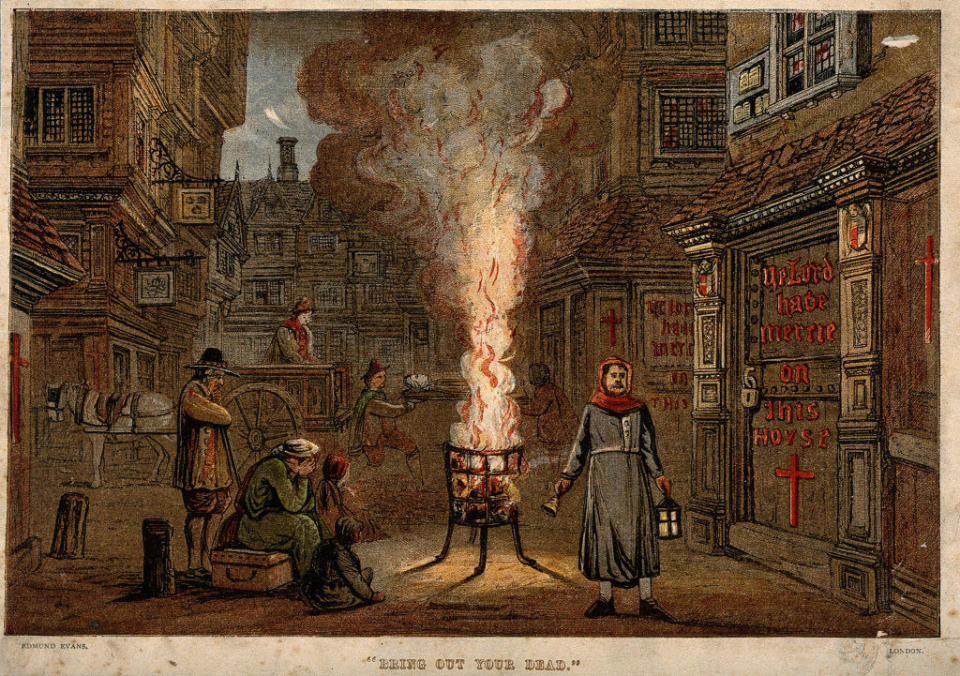
5.The term "blockbuster movie" often refers to an incredibly popular feature film, usually still in theaters. However, the original meaning of "blockbuster" actually refers to a series of aerial bombs commonly used in World War II, named as such because they had the capability to destroy, or "bust" an entire block. In the 1940s, the term began to be used to describe popular films.

6.The original saying "Jack of all trades" is typically used to describe someone who is very good at multiple things and, sometimes, believed to be taken from the full idiom, "Jack of all trades, master of none." However, "master of none" actually wasn't part of the original saying. It was included in the 1700s. In some cases, the full quote is "Jack of all trades, master of none, but oftentimes better than master of one," though this version is less common and has more recently been added.

7.To "get on one's soap box" is typically used when someone is making an impromptu speech, though the original use of the phrase is much more literal. In the 19th century, it was common to see people on literal soapboxes or sturdy crates to elevate themselves as they gave speeches or passed out leaflets.
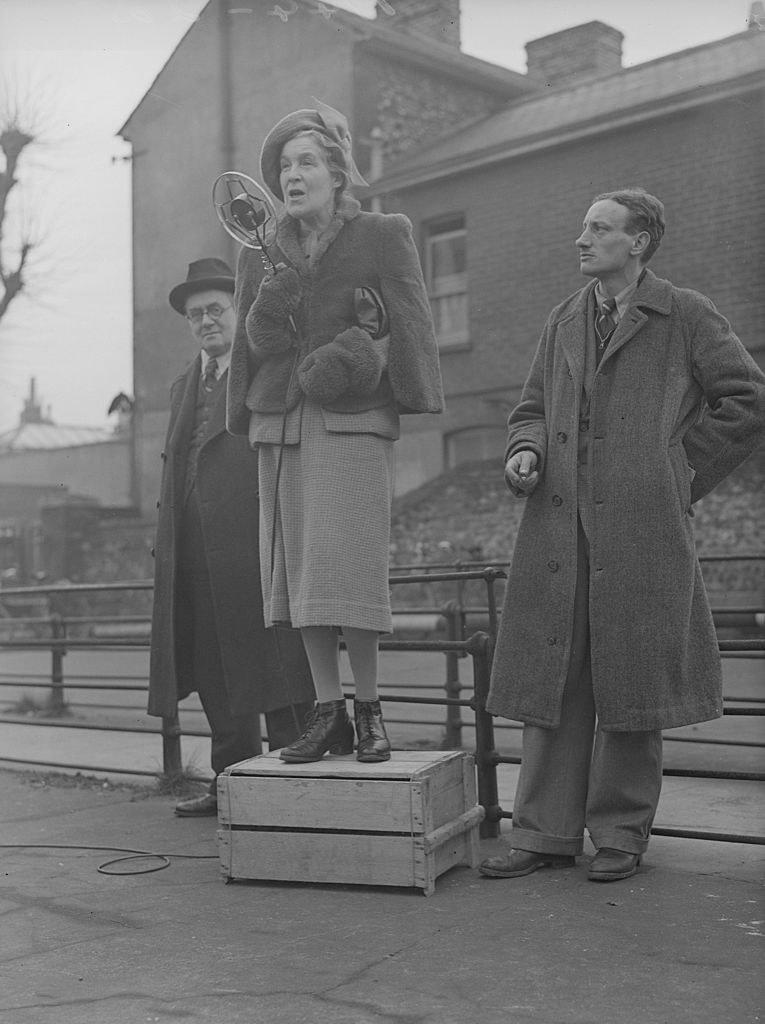
8.The phrase "Stockholm syndrome" originated from a 1973 bank robbery in Stockholm, Sweden. Though he originally intended to only rob the bank, Jan-Erik Olsson held four bank employees hostage for six days. In exchange for their release, Olsson demanded a ransom, a getaway car, and the release of his incarcerated friend and fellow criminal, Clark Olofsson. While the police fulfilled his demands, they would not let Olsson leave with the hostages, resulting in the six-day standoff.

After six days, the two men surrendered and none of the hostages were harmed. Psychiatrist Nils Bejerot later coined the term "Stockholm Syndrome" to describe what he explained as the captors being "brainwashed" by their captors.
During this time, the hostages began sympathizing with Olsson and Oloffson, claiming to be more afraid of the police than their captors. One hostage, Christina Ehnmark, actually blamed the police in a phone call, and said, "We are discussing, and, believe it or not, having a rather good time here." The Stockholm police later requested psychiatrist Nils Bejerot's help analyzing the hostages' reaction, and Bejerot coined the term "Stockholm syndrome."
